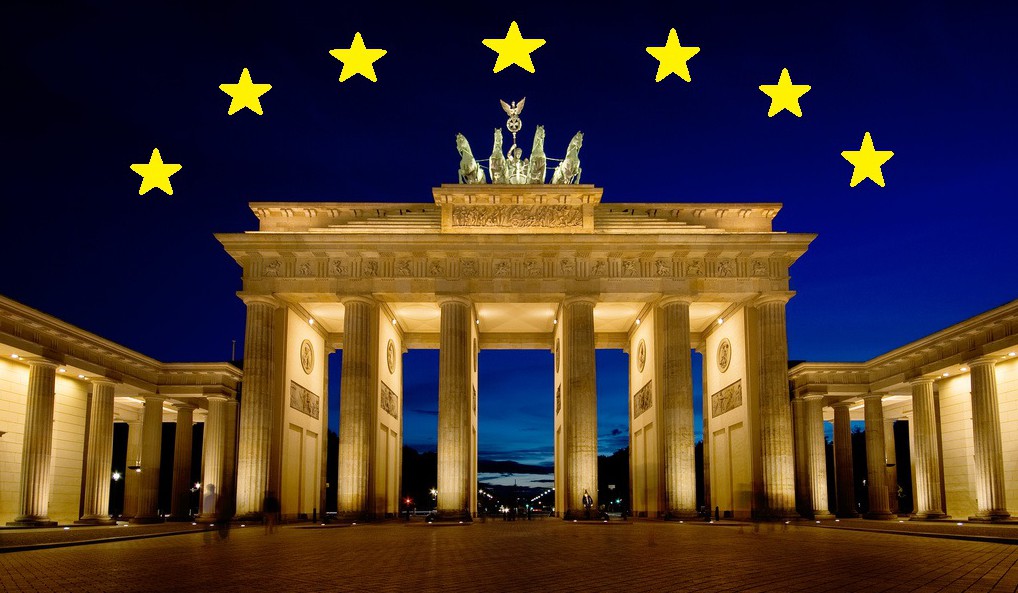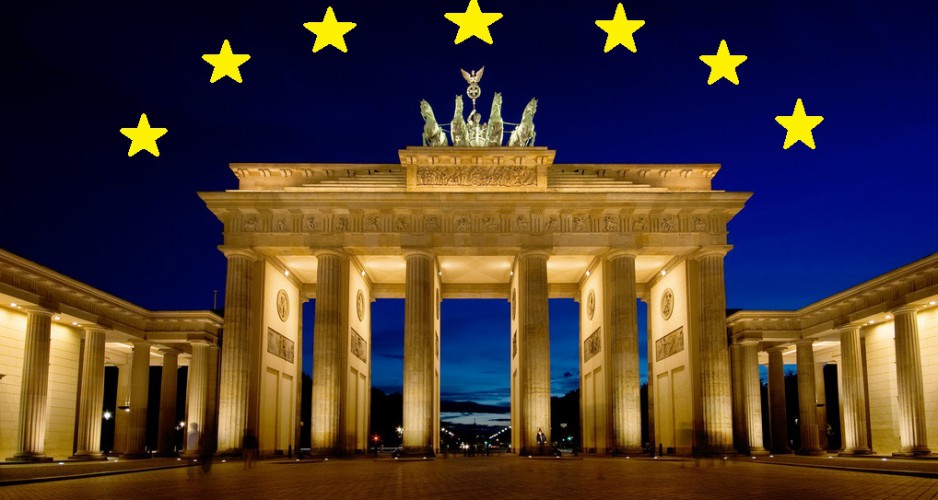
The Treaty of Berlin was signed yesterday by all the 31 countries which composed or which would have made the soon ex-European Union! The authorities from all these countries have thought, discussed and negotiated about this proposition for five years and it is now adopted! Let us remember the last ten years of this saga.
It was 16th November 2020. It was raining. In front of 70 000 people, in the heart of Berlin, the re-elected President of the European Commission, Jean-Claude Juncker, pronounced a speech that remained sharply engraved on our memory. No doubt everybody remembered these words when he closed his speech. “The old countries of the European Union become worthless facing new powers like China, India, yes, but now also facing Brazil, Mexico, South Africa and so on. It is obvious that the old continent’s hegemony has passed away. The European mosaic is going to die asphyxiated if nothing changes! The world is changing, we must change! The Union is the only solution to play again an important part on the scene of world affairs! Let us unite, my friends! Form The European Confederation! One currency, one language, one army, one president! It is a matter of life and death, we have no choice… […] With The European Confederation, the economic centre of gravity will move to Europe, with The European Confederation, we will frighten the world again, with The European Confederation we will find all our heyday! Then… Yes… To believe in this idea, it is to believe in the human. To believe that everybody wants the Union with their neighbours, to believe that everybody wants to survive, at last, it is to believe in the hope for a better life. I believe. Have the merit to believe.” A silence. And then, the crowd burst into loud applause. The thrills are still present ten years later… Juncker had just sowed the seeds of the future European Confederation.
This speech provoked various reactions in the whole Europe. Some people found that fantastic, and others found that pitiable… The idea has gradually gained ground and negotiations to sign the Treaty establishing the Confederation began in 2026. Serbia, Montenegro, Bosnia and Island wishing to enter the European Union for a few years participated in the negotiations to enter immediately the Confederation although they did not belong to The Union. Now they will soon belong to the Confederation. United Kingdom was the strongest opponent of this project. They didn’t want at all to lose a bit of their autonomy and after two referenda they decided not to ratify the Treaty, not to participate at the Confederation and so to leave the European Union when it becomes the European Confederation.
But, in concrete terms, what will change with this Treaty? First of all, in place of one president for the Commission, one for the European Council we will have one executive power like in each country. Secondly the armies from all the countries will form the European army which would have the means to deter any ambitions. The crisis in Ukraine, when this country lost about a quarter of his territory will never reoccur. Finally, the biggest change is the common language. We have at present more than twenty official different languages in the European Union and translation is the first job in the European Union but it will change. A single language is going to be instituted. Esperanto will become the only language of the European Confederation. Against the increasing power of Chinese and to counteract the loss of English, the leaders decided to institute one language, that favours nobody and is easy to learn. Esperanto will be taught in the short term at school as a second or third language. Thanks to the single language the European Confederation will have the possibility to raise funds to reduce poverty, to improve teaching and so on.
On the one hand, within the Confederation, the autonomy from the different states stays large, they conserve their king, president and government for example, and on the other hand the Union is strengthened and will be able to fight against the new powers of this changing world. Now that the Treaty is signed, the European Union is living its last years… Juncker died in 2027 when a disturbed Europhobic Bulgarian killed him in front of his house but his dream is still alive and will come true. All over The European Union 16th November is already staying as Saint-Juncker day…
20th May 2030, Bastien Adriaens
About the author:

Bastien (17) participated at the “My Europe” workshop in Brussels, Belgium, in February 2015 and impressed the jury with his future vision for Europe 2030.

